I’m 63 years old and go by Margaret. I also flew to Montana last month to bury my son.
With his fingers twitching as if attempting to smooth something that refused to flatter, Robert’s hand was on his knee. He had always been the one with ideas and duct tape, the fixer.
However, he hadn’t spoken my name once today.
But in that crowded small row that morning, he reminded me of someone I knew. Though our sorrow flowed in different, subdued currents and never quite touched, we had both lost the same individual.
He said softly, “Do you want some water?” as though it might make me melt.
I gave a headshake. I couldn’t do anything because my throat was too dry.
I closed my eyes and pressed my fingers into my lap to keep myself grounded as the jet took off. As the engines roared around us, the pressure inside my chest increased as well.
I had been waking up for days with his name stuck in my throat. However, this particular moment—pressurized air, belts clicking shut, my inability to breathe—felt like the moment grief ceased acting.

The intercom then came to life.
“Good morning, folks. This is your captain speaking. We’ll be flying at 30,000 feet today. The skies look smooth all the way to our destination. Thank you for choosing to fly with us.”
Suddenly, everything inside of me froze.
The voice seemed so familiar, even though it was much deeper now. I was aware. Even though I hadn’t heard it in more over 40 years, I could definitely feel it.
My heart suddenly and hardly clenched.
I thought I had closed the passage, but that voice, deeper now but still his, was like a door creaking open.
And I understood that fate had just returned to my life while sporting his own set of golden wings on his lapel as I sat there on my way to my son’s burial.
I was no longer sixty-three in a flash.
Standing in front of a dilapidated classroom in Detroit at the age of 23, I attempted to teach Shakespeare to youngsters who had witnessed more bloodshed than poetry.
The majority regarded me as though I were a transitory visitor.
The majority of children were already aware that promises are cheap, people leave, and school is just a temporary place between arguments and home.
However, one was very noticeable.
Eli was fourteen years old. He was quiet, little for his age, and quite courteous. He didn’t talk unless someone asked him to, but when he did, there was a peculiar blend of fatigue and hope in his voice that stuck with you.
He was gifted in the field of machinery. It appeared like he could fix anything, even faulty fans, radios, and the overhead projector that no one else feared to touch.
He stayed behind after class and expertly popped the hood of my ancient Chevy when it refused to start one chilly afternoon.
He looked up at me and said, “It’s your starter.” “Give me five minutes and a screwdriver,” he added.
I had never witnessed a child act so mature and self-assured. I recall thinking, “This boy deserves better than this world has to offer.”
His dad was incarcerated. Mostly, his mother was a rumor. She would occasionally stutter into the office, gin-smelling and boisterous, and request meal vouchers and transit tickets. I made an effort to fill the void by keeping extra snacks in my desk drawers, getting a ride home when the buses stopped early, and getting new pencils when Eli’s broke.
Then the phone rang one evening.
“Ms. Margaret?” the stiff, weary voice asked. “We’ve got a student of yours. An Eli. We picked him up in a stolen vehicle with two other boys.”
My heart fell.
He was seated on a metal bench in the corner of the precinct when I found him. He had chained wrists. He had filthy shoes. When I entered, Eli’s eyes widened in fear and he looked up.
He murmured, “I didn’t steal it,” while I knelt next to him. “They said it was just a ride… I didn’t even know it was stolen.”
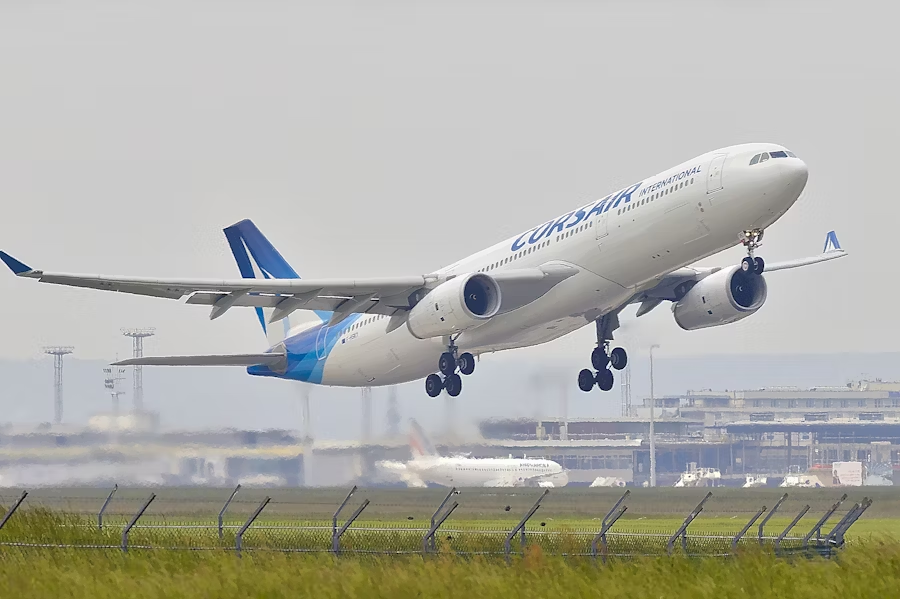
And I had faith in him. I believed him with all my heart.
After stealing a car and taking it for a joyride, two older boys abandoned it close to an alley behind a corner store. Earlier that day, someone had spotted Eli with them. Even though it was unlikely, there was enough information to entice him to do so. He was close enough to appear guilty even though he wasn’t in the automobile when it was discovered.
Near enough…
A policeman added, “It appears that the quiet one was the lookout.”
Eli lacked a record and a voice strong enough to dissuade others of his involvement.
So I said a falsehood.
I informed them that he had been assisting me after hours on a school assignment. I provided them with a plausible excuse, a time, and a reason. I stated it with the assurance that only a desperate person can fabricate, even though it wasn’t true.
And it was successful. After stating that the paperwork didn’t seem worth it, they released him with a warning.
Eli showed up at my classroom door the following day holding a single wilting daisy.
His voice was calm but seemed to be filled with optimism. “I’ll make you proud someday, Ms. Margaret,” he whispered.
Then he was gone. went on after transferring out of our school.
He never got back to me.
Not till today.
“Honey?” Robert gave my arm a light prod. “You’re pale. Do you need something?”
Still listening to that voice reverberating over the intercom, I shook my head. I couldn’t get rid of it. Like a music from an other era, it kept repeating in my head.
For the remainder of the flight, I remained silent. My heart thumped more forcefully than it should have as I sat there with my hands gripped securely in my lap.
I turned to my hubby as soon as we touched down.
“You go ahead. I need to stop by the restroom first,” I replied.
Too exhausted to ask me a question, he nodded. We had long since ceased asking each other why.
As the final passengers disembarked, I stayed close to the front of the aircraft, feigning to browse through my phone. Every time I took a step nearer the cockpit, my stomach turned over.
How would I respond? But what if I was mistaken?
The door then opened.
The pilot emerged, tall and calm, with gentle wrinkles around his eyes and gray around his temples. However, those eyes… They were still the same.
He froze when he saw me.
His voice was no more than a whisper when he said, “Ms. Margaret?”
“Eli?” I exclaimed.
“I guess it’s Captain Eli now,” he remarked, rubbing the back of his neck while giggling.
Both of us simply stood there and gazed at one another.
He said, “I didn’t think you’d remember me,” after a brief pause.
“Oh, honey. I never forgot you. Hearing your voice at the beginning of the flight… it brought everything back.”
Eli briefly glanced down before returning to my gaze.
“You saved me. Back then. And I never got to thank you for that. Not properly.”
“But you kept your promise,” I murmured, clearing my throat of the lump.
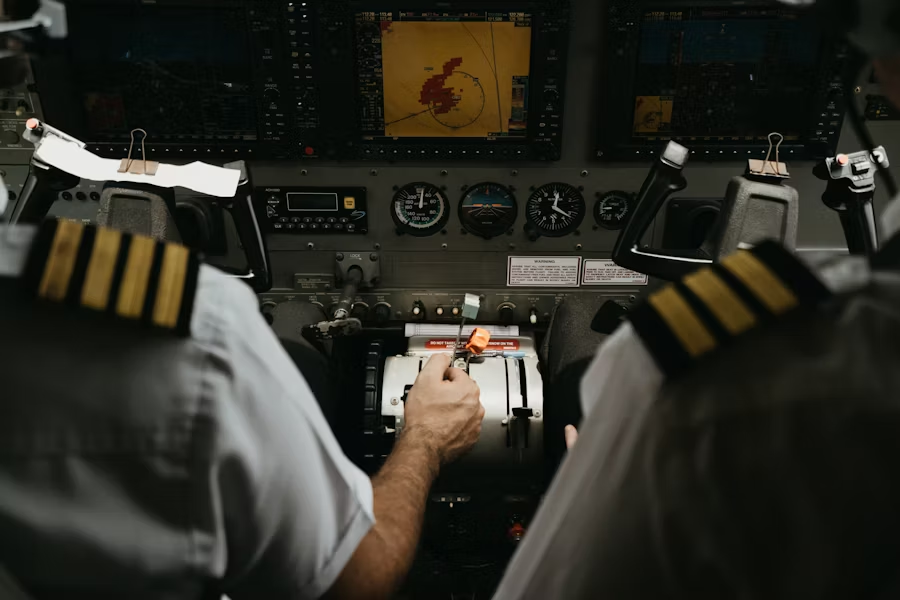
He sighed and remarked, “It meant something to me,” “That promise became my own mantra to be better.”
I had not felt so noticed in weeks as we stood in the terminal, surrounded by strangers going through.
I saw the man he had grown into: polished, successful, and grounded in a way that made it clear to me that he had not had an easy life. His stance had a serenity that was acquired rather than inherited.
He appeared to be someone who had mastered the art of defending each inch of serenity he held.
“So,” he inquired softly. “What brings you to Montana?”
Unsure of how to pronounce the words without bursting into tears, I paused.
“My son,” I muttered. “Danny. He passed away last week. A drunk driver changed my entire world. We’re burying him here.”
Eli was silent for a moment. The warmth in his expression changed, becoming more subdued and serious.
He said, “I’m so sorry,” in a strained voice.
Further, “He was 38,” I said. “Bright, funny, and so stubborn. I think he was the best parts of Robert and myself.”
Eli remarked, “That’s not fair. Not at all,” with his eyes downcast.
“I know,” I replied. “But death doesn’t care about fairness… and grief is suffocating.”
I paused for a beat before continuing.
“There was a time I thought saving one life would protect mine. That if I did something good, something right… it would come back around.”
Then his eyes were fixed on mine.
“You did save someone, Ms. Margaret. You saved me.”
We conversed cautiously, like individuals trying to locate a misplaced item.
He glanced back to me before he departed.
“Stay in Montana a little longer,” he replied. “There’s something I want to show you.”
I started to object, to declare that I had to go home. In actuality, though, I found nothing there. I hardly spoke to Robert.
I gave a nod.
The funeral was a unique experience. Even lovely. I didn’t hear people whispering prayers as they went by like ghosts. It seemed like I was waiting in line for something I couldn’t take back as I continued to stare at the border of his cuff, which was a color Danny never wore.
As people walked past the coffin with gentle hands and apologetic gazes, I stood next to it. All I could hear was the sound of wood hitting ground as the priest talked about letting go, serenity, and light.
When he was younger, my kid had laughed exactly like Robert. He used to spell “astronaut” with three t’s and draw spaceships. Now he was simply… gone.
Robert hardly looked at me. He clutched the shovel at the cemetery as if it were the only thing keeping him upright. He acted like a man attempting to keep his composure in public, yet we were both weeping for the same person.
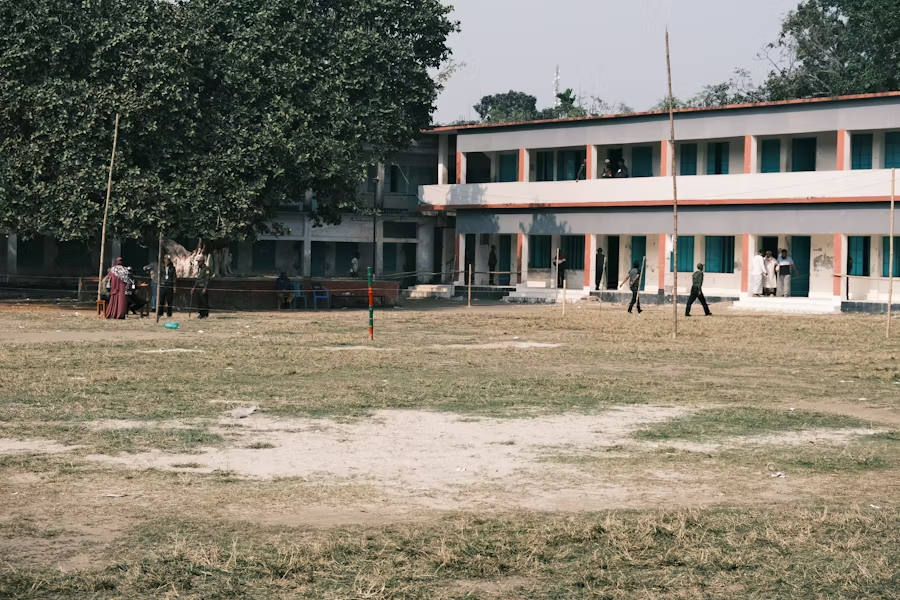
However, I was unable to remain at Danny’s residence. I wasn’t prepared for the quiet.
When Eli picked me up a week later, I felt something other than grief for the first time in days.
The sky above us seemed to go on forever as we drove past expansive, open fields. At last, we arrived at a tiny white hangar that was tucked away between two verdant fields.
Inside, a yellow jet with the words “Hope Air” painted across the side stood beneath the gentle buzz of fluorescent lights.
Eli pointed to the airplane and said, “It’s a nonprofit I started.” “We fly kids from rural towns to hospitals, free of charge. Most of their families can’t afford the travel. We make sure they don’t miss their treatment or procedures.”
Attracted by the vivid yellow paint and the way the sun glowed on the text like a living thing, I moved closer.
Eli went on, “I wanted to build something that made a difference,” “Something that mattered to someone other than me.”
There was silence in the hangar, the type of silence that hums with purpose. I was unable to look away from the aircraft. It appeared to be delight. similar to a purpose. Like a start I didn’t realize I needed.
Behind me, Eli murmured, “You once told me that I was meant to fix things,” even if his voice had softened. “It turns out that flying was how I learned to do that.”
He took a tiny envelope out of his backpack and held it out to me as I turned to face him.
“I’ve been carrying this a long time. I didn’t know when I’d see you again, or if I ever would. But I kept it.”
There was a picture inside. With my hair pulled back and a long strand of chalk dust on my skirt, I was twenty-three years old and standing in front of my classroom chalkboard. I chuckled softly. It had been decades since I had given that day any thought. A photographer had been hired by the school to take pictures of every instructor to display in our corridor.
I read the words in a wobbly scribble after flipping the picture over:
“For the teacher who believed I could fly.”
I put the photo against my chest. The tears suddenly came. I made no attempt to stop them.
“I wouldn’t be here if it weren’t for you,” stated Eli.
I was able to say, “You don’t owe me anything,”
“It’s not about owing. It’s about honoring. You gave me the start. I just… kept going.”
As the sun sank lower, the hangar’s lighting started to shift, creating lengthy shadows that stretched across the floor. I took a step back so I could see the entire plane. My chest seemed lighter for some reason, as if grief was finally learning to make room for anything else.
Before he brought me back to Danny’s place later that afternoon, Eli asked if I had time for one more stop.
He said, “It’s not far,” and opened the car door for me.
Just behind a wooden fence, Eli’s humble home was nestled into the landscape as if it had always been there. A young woman in her twenties greeted us on the porch, her face dusted with flour and her smile broad.
Whispering, “She’s the best babysitter in the world,” Eli grinned. “They’re making cupcakes. Brace yourself.”
A child with his father’s distinctive green eyes and disheveled brown hair stood at the counter.
“Noah,” said Eli softly. “There’s someone I’d like you to meet.”
The boy turned and used a towel to wipe his hands. After a brief moment of hesitation upon seeing me, he moved forward with a confidence that made my heart melt.
“Hello,” he said.
“This is my teacher, Ms. Margaret,” Eli remarked. “Remember the stories?”
Noah grinned.
“Dad told me about you. He said you helped him believe in himself when no one else did.”
Noah approached me and gave me a hug before I could reply. It wasn’t a timid embrace. It was the kind of embrace you get when a youngster decides you are important.
“Dad says you’re the reason we have wings, Ms. Margaret,” Noah replied.
My arms automatically swung around him. He was genuine, firm, and friendly. I hadn’t even realized that space was still empty until that little body was pushed against mine.
“You like planes, Noah?”
“Like my dad, I’m going to fly one someday,” he declared with pride.
From the other side of the room, Eli observed us with a gentle and somewhat hazy expression.
Something changed inside of me when I touched Noah’s shoulder; it was as if the pain I had been carrying was finally giving way to something else.
We sat down and discussed airplanes, school, and our favorite ice cream flavors while sharing cupcakes that were way too sweet. I also didn’t feel like a mourning mother for the first time in two weeks. Something more was what I sensed.
I never had grandchildren. I never imagined being referred to as family again. I was aware that Robert was going to move out soon and that we were becoming increasingly estranged.
Now, however, a crayon painting is affixed to my refrigerator every Christmas and is always signed:
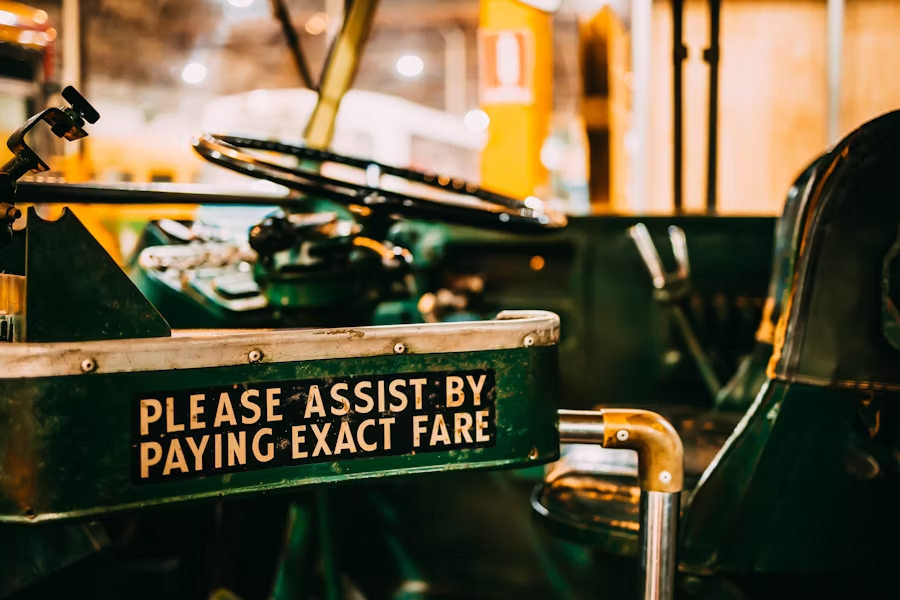
“To Grandma Margaret. Love, Noah.”
And for some reason, I felt that I had always been supposed to be here.Margaret hears a voice from the past reverberate through the plane’s speakers as she travels to bury her son. What starts off as a grieving process takes an unexpected turn that may serve as a reminder to her that life has a way of purposefully resurfacing even in the face of sorrow.
I’m 63 years old and go by Margaret. I also flew to Montana last month to bury my son.
With his fingers twitching as if attempting to smooth something that refused to flatter, Robert’s hand was on his knee. He had always been the one with ideas and duct tape, the fixer.”
However, he hadn’t spoken my name once today.
But in that crowded small row that morning, he reminded me of someone I knew. Though our sorrow flowed in different, subdued currents and never quite touched, we had both lost the same individual.
He said softly, “Do you want some water?” as though it might make me melt.
I gave a headshake. I couldn’t do anything because my throat was too dry.
I closed my eyes and pressed my fingers into my lap to keep myself grounded as the jet took off. As the engines roared around us, the pressure inside my chest increased as well.
I had been waking up for days with his name stuck in my throat. However, this particular moment—pressurized air, belts clicking shut, my inability to breathe—felt like the moment grief ceased acting.
The intercom then came to life.
“Good morning, folks. This is your captain speaking. We’ll be flying at 30,000 feet today. The skies look smooth all the way to our destination. Thank you for choosing to fly with us.”
Suddenly, everything inside of me froze.
The voice seemed so familiar, even though it was much deeper now. I was aware. Even though I hadn’t heard it in more over 40 years, I could definitely feel it.
My heart suddenly and hardly clenched.
I thought I had closed the passage, but that voice, deeper now but still his, was like a door creaking open.
And I understood that fate had just returned to my life while sporting his own set of golden wings on his lapel as I sat there on my way to my son’s burial.
I was no longer sixty-three in a flash.
Standing in front of a dilapidated classroom in Detroit at the age of 23, I attempted to teach Shakespeare to youngsters who had witnessed more bloodshed than poetry.
The majority regarded me as though I were a transitory visitor.
The majority of children were already aware that promises are cheap, people leave, and school is just a temporary place between arguments and home.
However, one was very noticeable.
Eli was fourteen years old. He was quiet, little for his age, and quite courteous. He didn’t talk unless someone asked him to, but when he did, there was a peculiar blend of fatigue and hope in his voice that stuck with you.
He was gifted in the field of machinery. It appeared like he could fix anything, even faulty fans, radios, and the overhead projector that no one else feared to touch.
He stayed behind after class and expertly popped the hood of my ancient Chevy when it refused to start one chilly afternoon.
He looked up at me and said, “It’s your starter.” “Give me five minutes and a screwdriver,” he added.
I had never witnessed a child act so mature and self-assured. I recall thinking, “This boy deserves better than this world has to offer.”
His dad was incarcerated. Mostly, his mother was a rumor. She would occasionally stutter into the office, gin-smelling and boisterous, and request meal vouchers and transit tickets. I made an effort to fill the void by keeping extra snacks in my desk drawers, getting a ride home when the buses stopped early, and getting new pencils when Eli’s broke.
Then the phone rang one evening.
“Ms. Margaret?” the stiff, weary voice asked. “We’ve got a student of yours. An Eli. We picked him up in a stolen vehicle with two other boys.”
My heart fell.
He was seated on a metal bench in the corner of the precinct when I found him. He had chained wrists. He had filthy shoes. When I entered, Eli’s eyes widened in fear and he looked up.
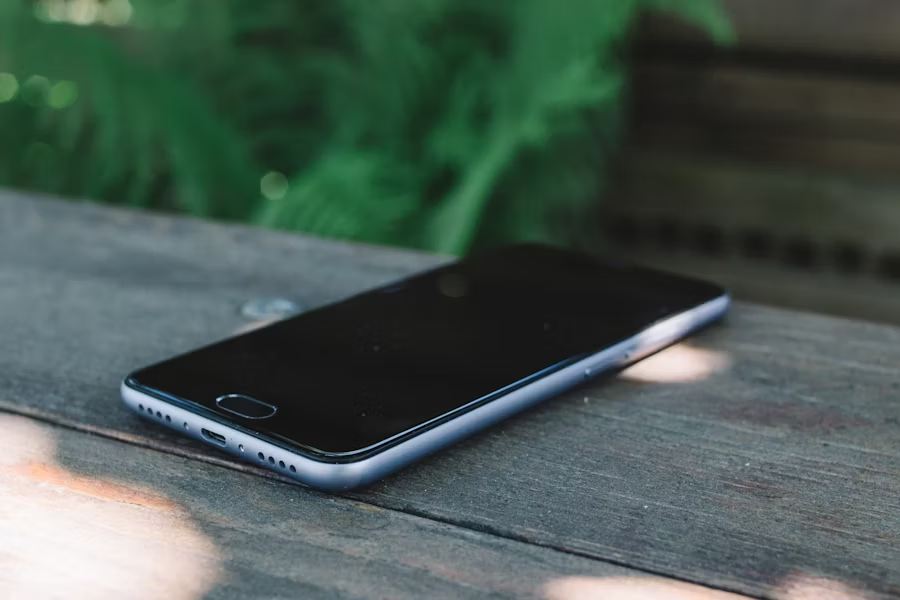
He murmured, “I didn’t steal it,” while I knelt next to him. “They said it was just a ride… I didn’t even know it was stolen.”
And I had faith in him. I believed him with all my heart.
After stealing a car and taking it for a joyride, two older boys abandoned it close to an alley behind a corner store. Earlier that day, someone had spotted Eli with them. Even though it was unlikely, there was enough information to entice him to do so. He was close enough to appear guilty even though he wasn’t in the automobile when it was discovered.
Near enough…
A policeman added, “It appears that the quiet one was the lookout.”
Eli lacked a record and a voice strong enough to dissuade others of his involvement.
So I said a falsehood.
I informed them that he had been assisting me after hours on a school assignment. I provided them with a plausible excuse, a time, and a reason. I stated it with the assurance that only a desperate person can fabricate, even though it wasn’t true.
And it was successful. After stating that the paperwork didn’t seem worth it, they released him with a warning.
Eli showed up at my classroom door the following day holding a single wilting daisy.
His voice was calm but seemed to be filled with optimism. “I’ll make you proud someday, Ms. Margaret,” he whispered.
Then he was gone. went on after transferring out of our school.
He never got back to me.
Not till today.
“Honey?” Robert gave my arm a light prod. “You’re pale. Do you need something?”
Still listening to that voice reverberating over the intercom, I shook my head. I couldn’t get rid of it. Like a music from an other era, it kept repeating in my head.
For the remainder of the flight, I remained silent. My heart thumped more forcefully than it should have as I sat there with my hands gripped securely in my lap.
I turned to my hubby as soon as we touched down.
“You go ahead. I need to stop by the restroom first,” I replied.
Too exhausted to ask me a question, he nodded. We had long since ceased asking each other why.
As the final passengers disembarked, I stayed close to the front of the aircraft, feigning to browse through my phone. Every time I took a step nearer the cockpit, my stomach turned over.
How would I respond? But what if I was mistaken?
The door then opened.
The pilot emerged, tall and calm, with gentle wrinkles around his eyes and gray around his temples. However, those eyes… They were still the same.
He froze when he saw me.
His voice was no more than a whisper when he said, “Ms. Margaret?”
“Eli?” I exclaimed.
“I guess it’s Captain Eli now,” he remarked, rubbing the back of his neck while giggling.
Both of us simply stood there and gazed at one another.
He said, “I didn’t think you’d remember me,” after a brief pause.
“Oh, honey. I never forgot you. Hearing your voice at the beginning of the flight… it brought everything back.”
Eli briefly glanced down before returning to my gaze.
“You saved me. Back then. And I never got to thank you for that. Not properly.”
“But you kept your promise,” I murmured, clearing my throat of the lump.
He sighed and remarked, “It meant something to me,” “That promise became my own mantra to be better.”
I had not felt so noticed in weeks as we stood in the terminal, surrounded by strangers going through.
I saw the man he had grown into: polished, successful, and grounded in a way that made it clear to me that he had not had an easy life. His stance had a serenity that was acquired rather than inherited.
He appeared to be someone who had mastered the art of defending each inch of serenity he held.
“So,” he inquired softly. “What brings you to Montana?”
Unsure of how to pronounce the words without bursting into tears, I paused.
“My son,” I muttered. “Danny. He passed away last week. A drunk driver changed my entire world. We’re burying him here.”
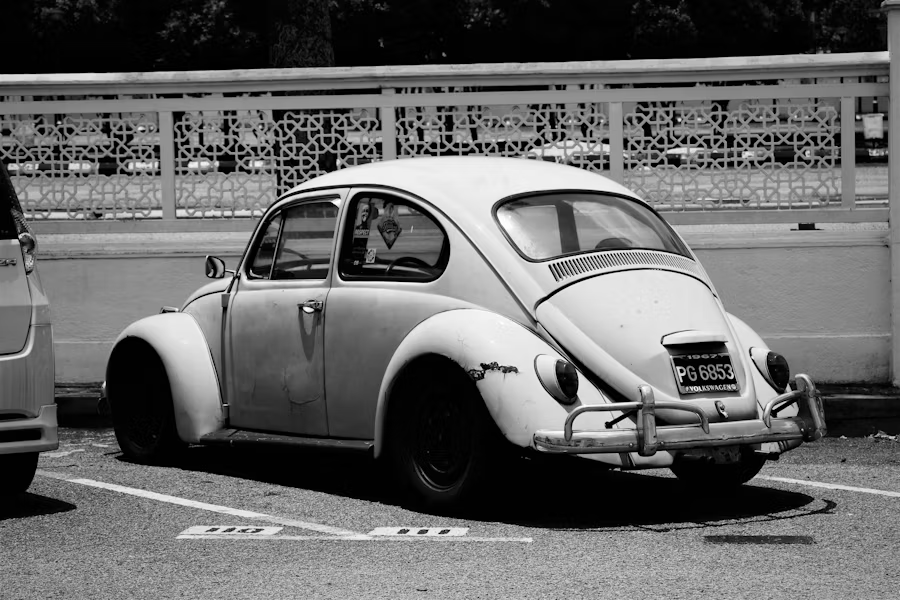
Eli was silent for a moment. The warmth in his expression changed, becoming more subdued and serious.
He said, “I’m so sorry,” in a strained voice.
Further, “He was 38,” I said. “Bright, funny, and so stubborn. I think he was the best parts of Robert and myself.”
Eli remarked, “That’s not fair. Not at all,” with his eyes downcast.
“I know,” I replied. “But death doesn’t care about fairness… and grief is suffocating.”
I paused for a beat before continuing.
“There was a time I thought saving one life would protect mine. That if I did something good, something right… it would come back around.”
Then his eyes were fixed on mine.
“You did save someone, Ms. Margaret. You saved me.”
We conversed cautiously, like individuals trying to locate a misplaced item.
He glanced back to me before he departed.
“Stay in Montana a little longer,” he replied. “There’s something I want to show you.”
I started to object, to declare that I had to go home. In actuality, though, I found nothing there. I hardly spoke to Robert.
I gave a nod.
The funeral was a unique experience. Even lovely. I didn’t hear people whispering prayers as they went by like ghosts. It seemed like I was waiting in line for something I couldn’t take back as I continued to stare at the border of his cuff, which was a color Danny never wore.
As people walked past the coffin with gentle hands and apologetic gazes, I stood next to it. All I could hear was the sound of wood hitting ground as the priest talked about letting go, serenity, and light.
When he was younger, my kid had laughed exactly like Robert. He used to spell “astronaut” with three t’s and draw spaceships. Now he was simply… gone.
Robert hardly looked at me. He clutched the shovel at the cemetery as if it were the only thing keeping him upright. He acted like a man attempting to keep his composure in public, yet we were both weeping for the same person.
However, I was unable to remain at Danny’s residence. I wasn’t prepared for the quiet.
When Eli picked me up a week later, I felt something other than grief for the first time in days.
The sky above us seemed to go on forever as we drove past expansive, open fields. At last, we arrived at a tiny white hangar that was tucked away between two verdant fields.
Inside, a yellow jet with the words “Hope Air” painted across the side stood beneath the gentle buzz of fluorescent lights.
Eli pointed to the airplane and said, “It’s a nonprofit I started.” “We fly kids from rural towns to hospitals, free of charge. Most of their families can’t afford the travel. We make sure they don’t miss their treatment or procedures.”
Attracted by the vivid yellow paint and the way the sun glowed on the text like a living thing, I moved closer.
Eli went on, “I wanted to build something that made a difference,” “Something that mattered to someone other than me.”
There was silence in the hangar, the type of silence that hums with purpose. I was unable to look away from the aircraft. It appeared to be delight. similar to a purpose. Like a start I didn’t realize I needed.
Behind me, Eli murmured, “You once told me that I was meant to fix things,” even if his voice had softened. “It turns out that flying was how I learned to do that.”
He took a tiny envelope out of his backpack and held it out to me as I turned to face him.
“I’ve been carrying this a long time. I didn’t know when I’d see you again, or if I ever would. But I kept it.”
There was a picture inside. With my hair pulled back and a long strand of chalk dust on my skirt, I was twenty-three years old and standing in front of my classroom chalkboard. I chuckled softly. It had been decades since I had given that day any thought. A photographer had been hired by the school to take pictures of every instructor to display in our corridor.
I read the words in a wobbly scribble after flipping the picture over:
“For the teacher who believed I could fly.”
I put the photo against my chest. The tears suddenly came. I made no attempt to stop them.
“I wouldn’t be here if it weren’t for you,” stated Eli.
I was able to say, “You don’t owe me anything,”
“It’s not about owing. It’s about honoring. You gave me the start. I just… kept going.”
As the sun sank lower, the hangar’s lighting started to shift, creating lengthy shadows that stretched across the floor. I took a step back so I could see the entire plane. My chest seemed lighter for some reason, as if grief was finally learning to make room for anything else.
Before he brought me back to Danny’s place later that afternoon, Eli asked if I had time for one more stop.
He said, “It’s not far,” and opened the car door for me.
Just behind a wooden fence, Eli’s humble home was nestled into the landscape as if it had always been there. A young woman in her twenties greeted us on the porch, her face dusted with flour and her smile broad.
Whispering, “She’s the best babysitter in the world,” Eli grinned. “They’re making cupcakes. Brace yourself.”
A child with his father’s distinctive green eyes and disheveled brown hair stood at the counter.
“Noah,” said Eli softly. “There’s someone I’d like you to meet.”
The boy turned and used a towel to wipe his hands. After a brief moment of hesitation upon seeing me, he moved forward with a confidence that made my heart melt.
“Hello,” he said.
“This is my teacher, Ms. Margaret,” Eli remarked. “Remember the stories?”
Noah grinned.

“Dad told me about you. He said you helped him believe in himself when no one else did.”
Noah approached me and gave me a hug before I could reply. It wasn’t a timid embrace. It was the kind of embrace you get when a youngster decides you are important.
“Dad says you’re the reason we have wings, Ms. Margaret,” Noah replied.
My arms automatically swung around him. He was genuine, firm, and friendly. I hadn’t even realized that space was still empty until that little body was pushed against mine.
“You like planes, Noah?”
“Like my dad, I’m going to fly one someday,” he declared with pride.
From the other side of the room, Eli observed us with a gentle and somewhat hazy expression.
Something changed inside of me when I touched Noah’s shoulder; it was as if the pain I had been carrying was finally giving way to something else.
We sat down and discussed airplanes, school, and our favorite ice cream flavors while sharing cupcakes that were way too sweet. I also didn’t feel like a mourning mother for the first time in two weeks. Something more was what I sensed.
I never had grandchildren. I never imagined being referred to as family again. I was aware that Robert was going to move out soon and that we were becoming increasingly estranged.
Now, however, a crayon painting is affixed to my refrigerator every Christmas and is always signed:
“To Grandma Margaret. Love, Noah.”
And for some reason, I felt that I had always been supposed to be here.
- I Heard Strange Noises In My Attic—The Hidden Cameras Revealed A Nightmare
- She Secretly Won $233 Million — Then Tested Her Kids With One Phone Call
- My Daughter Came Home Crying Every Day — The Recording I Hid In Her Backpack Exposed The Terrifying Truth
Please let us know your thoughts and SHARE this story with your Friends and Family!


